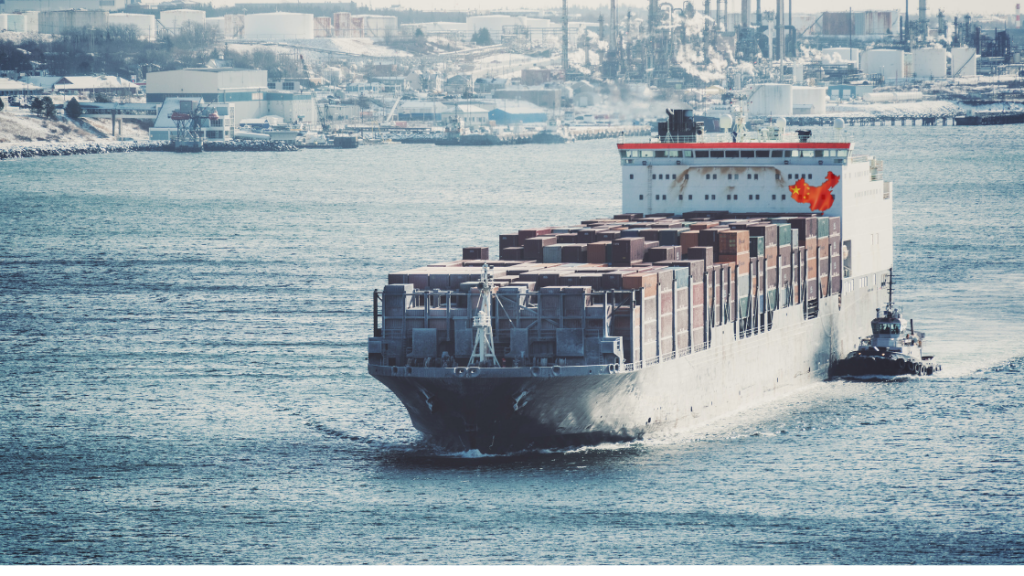Ruling is latest evidence of failed global governance
Washington. The Coalition for a Prosperous America (CPA) today condemned a World Trade Organization (WTO) ruling against U.S. tariffs on imports from China. The tariffs, imposed in March 2018 under Section 301 of U.S. trade law, addressed China’s longstanding practices of forced technology transfer, intellectual property theft, trade barriers, and cyber-espionage. A three-member WTO panel determined that the U.S. had not extended the same treatment to China as other nations, had failed to seek proper outside recourse, and had not met the “burden” of justifying the tariffs under Article XX.
“With this ruling, the WTO has revealed its utter contempt for U.S. interests,” said CPA Chair Dan DiMicco. “It’s laughable that the WTO would claim the U.S. hasn’t ‘justified’ the tariffs. Every other WTO nation already shares similar concerns about China’s aggressive behavior. And it’s ludicrous to claim the U.S. failed to seek proper recourse after Beijing simply walked away from months of talks last year.”
In March 2018, the Office of the U.S. Trade Representative (USTR) released the findings of a lengthy investigation into China’s anti-competitive practices against U.S. tech firms. The report noted that the Organization for Economic Cooperation and Development (OECD) has rated China as the fourth most restrictive economy in the world. And the vast majority of global cyber-espionage cases originate in China.
Section 301 of the Trade Act of 1974 is a key enforcement tool to address a wide variety of unfair acts by U.S. trading partners. The USTR investigation concluded that China’s discriminatory practices cost the United States $50 billion annually.
Specifically, the USTR determined that:
-China uses joint venture requirements, foreign investment restrictions, and administrative review and licensing processes to require or pressure technology transfer from U.S. companies.
-China deprives U.S. companies of the ability to set market-based terms in licensing and other technology-related negotiations.
-China directs and unfairly facilitates the systematic investment in, and acquisition of, U.S. companies and assets to generate large-scale technology transfer.
-China conducts and supports cyber intrusions into U.S. commercial computer networks to gain unauthorized access to commercially-valuable business information.
Michael Stumo, CEO of the CPA, said, “The Section 301 tariffs imposed in 2018 were a last-resort against China’s longstanding, aggressive practices. However, bureaucrats at the WTO would rather deny legitimate trade remedies established under U.S. law than oppose such blatant trade predation.
“Even the WTO recognizes that the United States maintains the lowest average tariffs of any industrialized nation. However, the WTO maintains an entrenched system that allows other countries to charge far higher tariffs on U.S. goods. The WTO also uses its flawed dispute resolution process to constrain U.S. interests.
“The WTO has become a talking shop where nothing actually happens to ensure fair, open global trade. The relevance and usefulness of the WTO has been further called into question as it protects China’s state-directed economy from change.”












